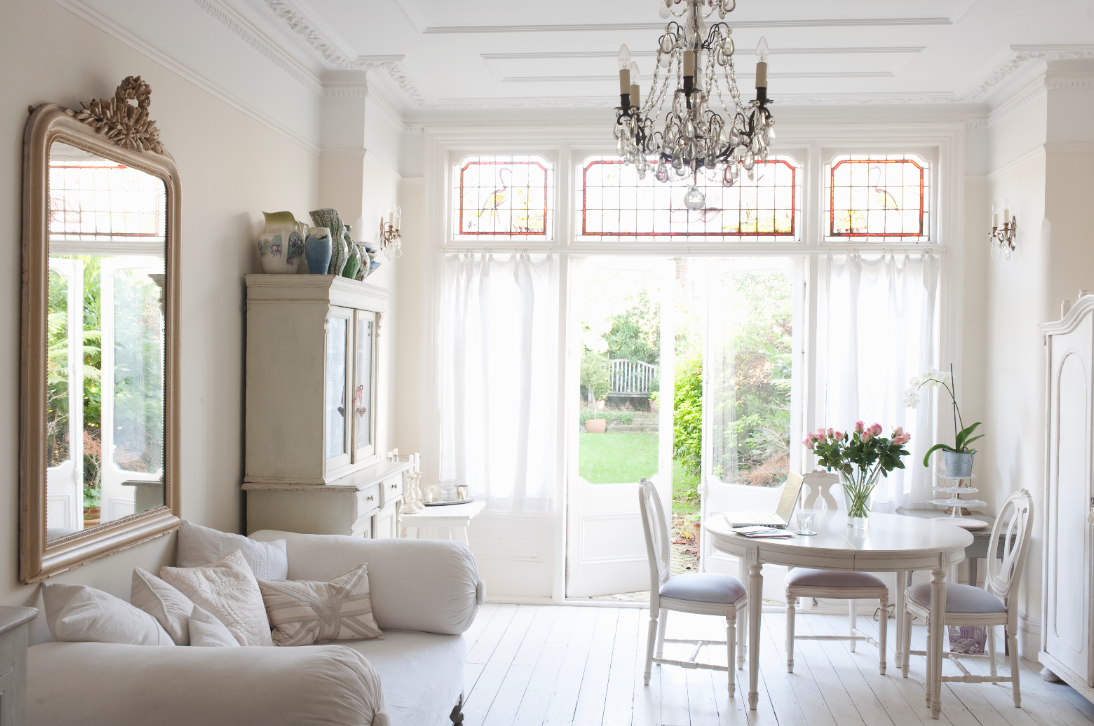1. Set a Budget and Only Compromise If You Have To
It’s so easy to go over budget when buying a home, especially if you’re trying to buy in an urban location. There’s nothing wrong with setting a budget, and sticking firmly to it! We agree, being in the right school district matters…it does! And nobody wants to drive forever to and from work. But only make compromises on what you’re willing to pay for. There’s nothing wrong with waiting for the right home!
2. Get Pre-Approved and Fixed-Rate is Your Friend!
Get pre-approved! Getting pre-approved shows sellers that you’re a serious buyer, you have the means to pay for the home you’re making an offer on and are stable enough financially to make payments. And even more importantly, it lets you, the buyer know what price point to look in.
A 15 or 30 year fixed rate mortgage may look boring, but it pays dividends in terms of stability. With those types of mortgages as you’ve probably guessed, the interest doesn’t change for that period of time.
Yes, the higher monthly payment may look a bit unattractive, but these types of mortgages tend to have lower rates. You’ll have to pay off the home in half the time, but look at the bright side…
- You’ll know what to budget every month since your payment won’t change
- You’ll own your home sooner!
Lastly, you won’t buy more house than you can actually afford, like some other mortgages where they allow for a lower down payment, but have fluctuating payment structure.
3. Buy with the Future in Mind
Records show that the majority of homeowners live in their home for at least a decade before selling. Some stay even longer! Buy a home you’d want to live in for 5 years or more. Make sure it’s ready for not only the needs of your life now, but anything that could possibly come up in the future.
4. Buy for Comfort Not Profit
A home isn’t just a place to sleep it’s where you’re going to make memories and do a lot of life. .
No one can tell what the housing market is going to do tomorrow, much less in 5 years. It’s too unpredictable. Buy with the intention of the home meeting your needs first and foremost. You’ll likely be living in it for at least a few years, how it appreciates shouldn’t be your chief concern when purchasing a home.
5. Don’t Get Distracted by Shiny Things
It’s no secret that the housing market is short on inventory. And it seems to be dropping more every year.
So, focusing on choosing a home that meets your needs and that you can afford. It’s easy to get swayed, but fancy nice-to-have features, but those extra features tend to raise the price on the listing. If that feature is a must have then go for it, but remember to stick to your basic needs and make sure those are covered first.
6. Don’t Buy Out of Your Means
You’re probably seeing a pattern here, but it’s important to have a manageable mortgage. No one complains about having paid less on a home than more. A third of your after-tax income is a manageable amount to juggle into your budget. This isn’t always feasible, but its a great starting point when setting up a home buying budget.
7. Be Ready to Walk Out
There’s a lot of reasons a seller might not accept your offer. But they’re not the only one making a decision. Remember, YOU’RE the buyer. Stay the course, remember your must-haves, your budget and never settle. Don’t feel the pressure to pay out of your budget just to score the house. There will be other houses on the market eventually. You also don’t want to settle on the results of the inspection. If the house needs a new roof and that’s definitely not in your budget, then maybe that’s not the house for you.
8. If You Can, You Should
If you can afford it, a 20% down payment is ideal for three reasons:
If you don’t put a full 20% down you risk paying for private mortgage insurance. This will cause your monthly home payment to be more.
A higher down payment allows you to own more of the home sooner. No one can plan for the future, and you want to own more of your home than you owe on it before you sell. If you can get there faster than you should!
9. Put Some Away for a Rainy Day
Life happens! You don’t want to be caught unprepared. We all like to think that things are only going to get better, but we need to plan for the worst as well. So, it’s wise to have money set aside for about 6 months of living expenses in case you lose your job, or you’re unable to work for any reason. Keep that money separate from your regular checking account, to be sure that it’s not depleted when you need it. You don’t want to have to live paycheck to paycheck if you don’t have to. So, start saving so a hard time doesn’t have to be any harder than it already is.
Stick to your guns and remember, you’re planning for a future in whatever home you choose. And if you stick to these guidelines, with a little luck…it will be a prosperous one.



